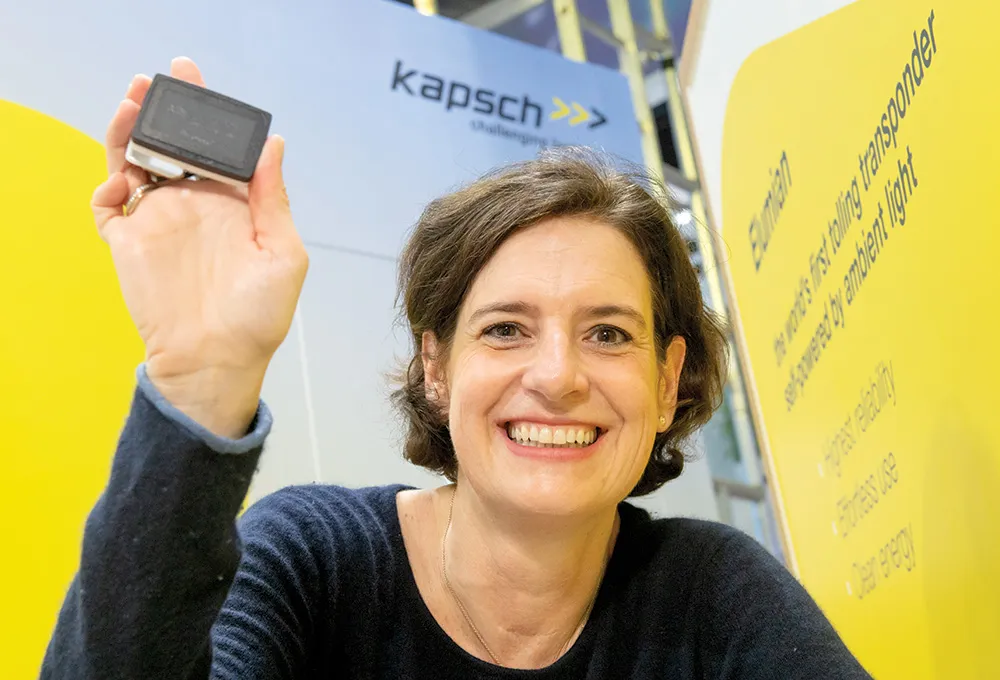
Kapsch TrafficCom has been selected by Trafikverket, the Swedish Transport Administration, to replace the national centralised traffic signal control and monitoring system.
Under the agreement, Kapsch TrafficCom will implement its EcoTrafiX Command and adapt it to the Nordic RSMP-protocol.
Kapsch said that the implementation promises to enhance the efficiency and reliability of Sweden's centralised traffic signal control and monitoring system through technology that integrates with Trafikverket's existing infrastructure.
EcoTrafiX Command will be managed through Trafikverket’s road operative environment. The system instance - a single copy of the software running on a single physical or virtual server - in Stockholm will control and monitor the traffic signal facilities in the North, Mid and East regions. The instance in Gothenburg will control and monitor traffic signal facilities in the West, South and Southeast.
"Through the implementation of our EcoTrafiX software, we have shown that our product is not only viable for running traffic lights on a national scale, but also aligns with Nordic standards for managing traffic lights,” said Mikael Hejel, area sales manager Nordics at Kapsch TrafficCom.
Kapsch, based in Vienna, said that its work with Trafikverket signifies a milestone in the use of advanced technology to manage traffic flow and safety in Sweden. The EcoTrafiX software is designed to be easily implemented within the existing infrastructure, ensuring a smooth transition and minimal disruption to current operations.









